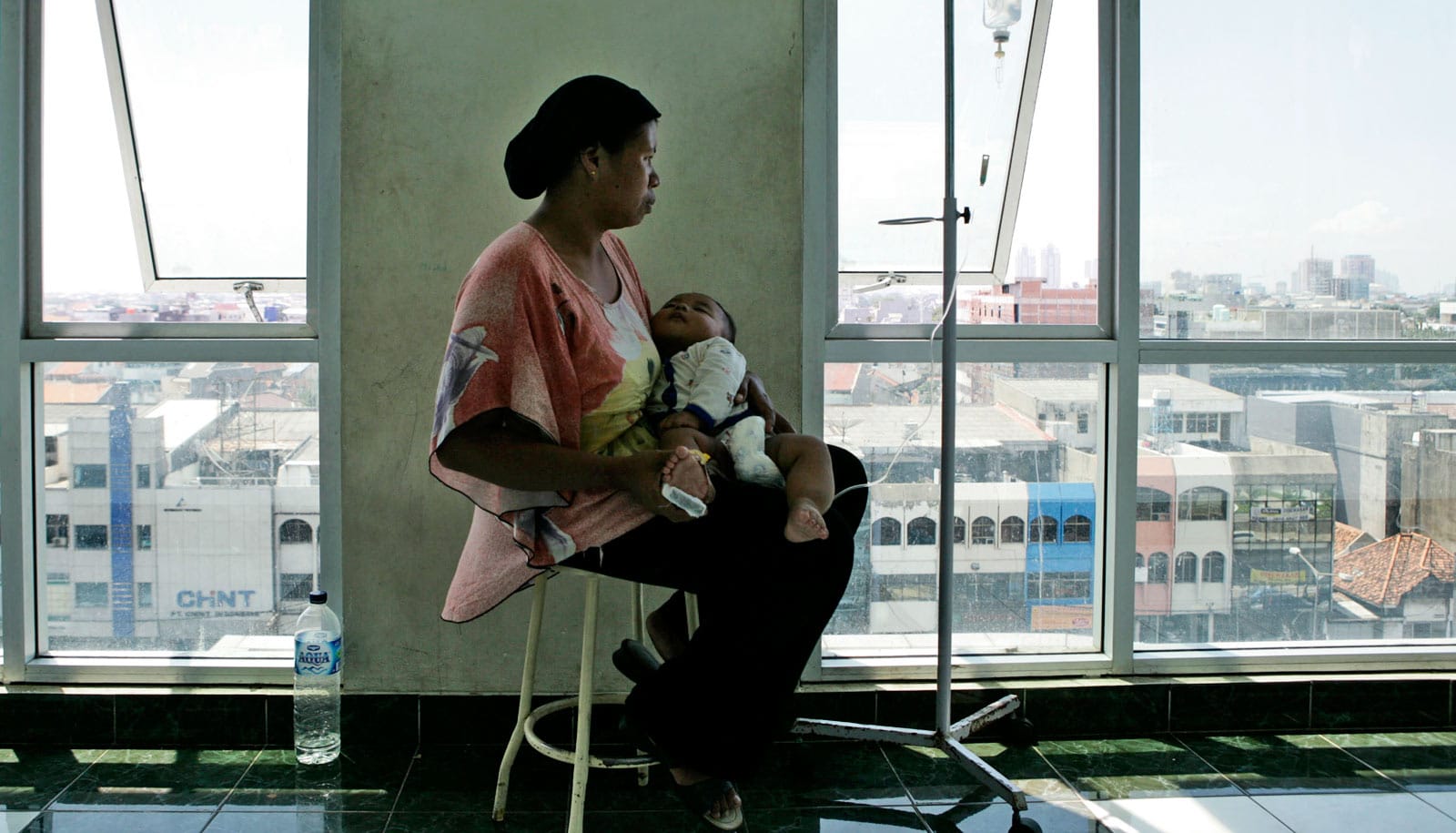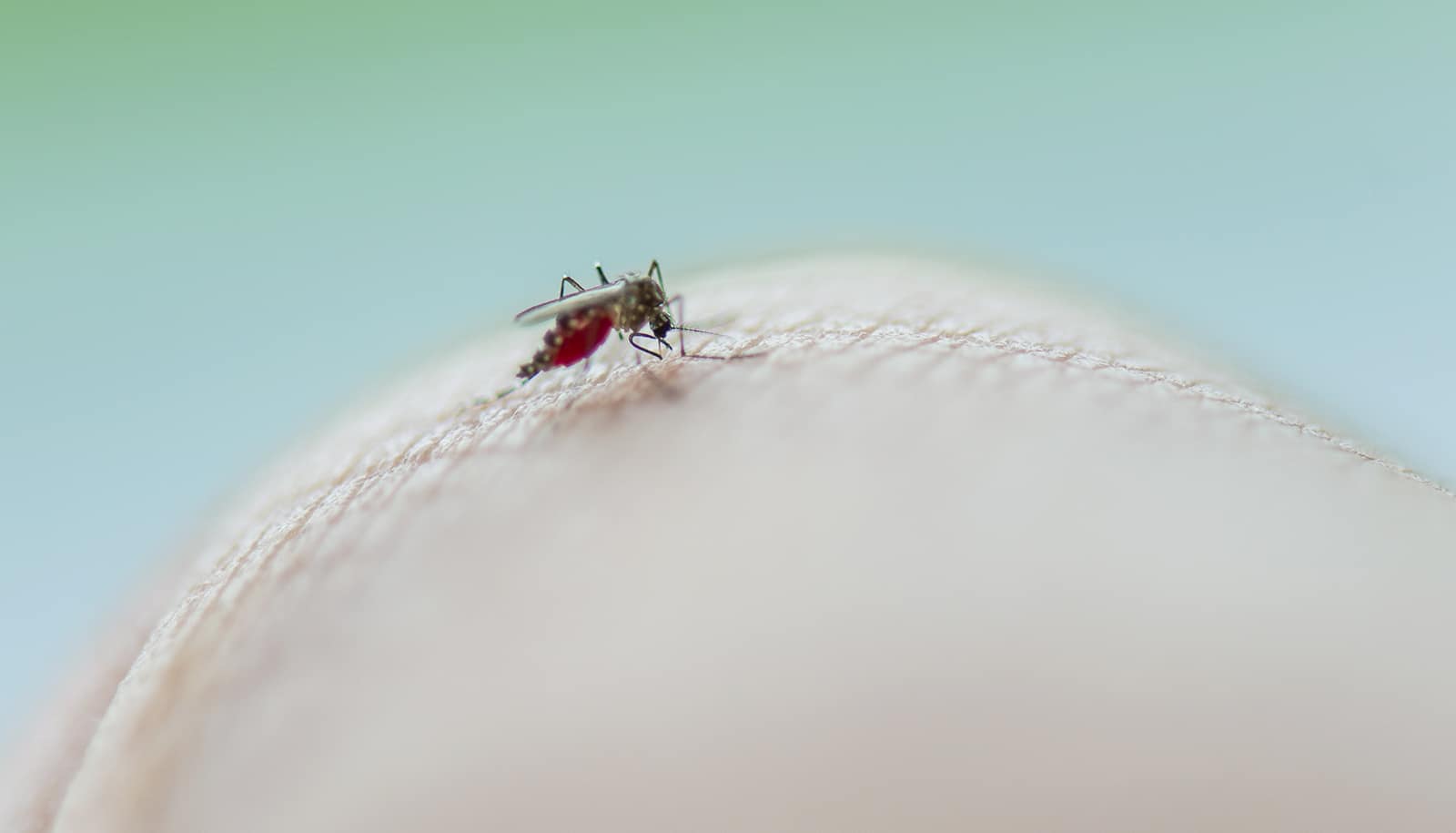Clinical trial findings provide new insights into why some people get sick from flaviviral infections such as dengue fever and yellow fever, while others don’t.
The findings point to immune cells undergoing stress and an altered metabolism as reasons why.
The findings have important implications for the prevention and treatment of infectious diseases caused by flaviviral infections such as dengue fever, congenital Zika syndrome, and yellow fever. Mosquitoes and ticks transmit these viral infections, which can spread rapidly and lack licensed treatments.
Even when individuals are infected with the same amount of virus in their blood, viral infections can have a range of outcomes, researchers say. For example, up to two-thirds of people infected with a dengue virus will have no symptoms at all. The remaining one-third will develop dengue fever and some of those will develop severe dengue.
Understanding why this happens could lead to new ways to prevent disease. “We investigated why some individuals do not get sick despite being infected with the same virus, while others develop symptoms and infections,” says corresponding author Ooi Eng Eong, professor at the Saw Swee Hock School of Public Health and the microbiology & immunology department at National University of Singapore and deputy director of the emerging infectious diseases program at Duke-NUS Medical School.
“Understanding the molecular events that lead to development of symptoms could lead to new prevention and treatment methods for infectious diseases worldwide.”
As reported in Nature Medicine, the team conducted two clinical trials involving more than 100 healthy adults using the yellow fever vaccine, one of the most effective vaccines in the world with an excellent safety profile.
The team analyzed the blood profiles of the volunteers immediately before and after vaccination. Individuals whose blood cells had increased levels of stress from protein production and altered metabolism before vaccination went on to develop flu-like symptoms after vaccination.
Further, increased stress and altered metabolism resulted in earlier than expected activation of the immune response that linked to development of symptoms.
“Our findings show that increased levels of stress and altered metabolism of an individual’s immune cells are factors that make one prone to developing symptoms during an infection,” says co-corresponding author Jenny Low, associate professor at the emerging infectious diseases program at Duke-NUS Medical School.
“Correspondingly, this tells us that immune cells and metabolic pathways could be useful targets to develop treatments for yellow fever or other flaviviral infections.”
Source: Duke-NUS Medical School



